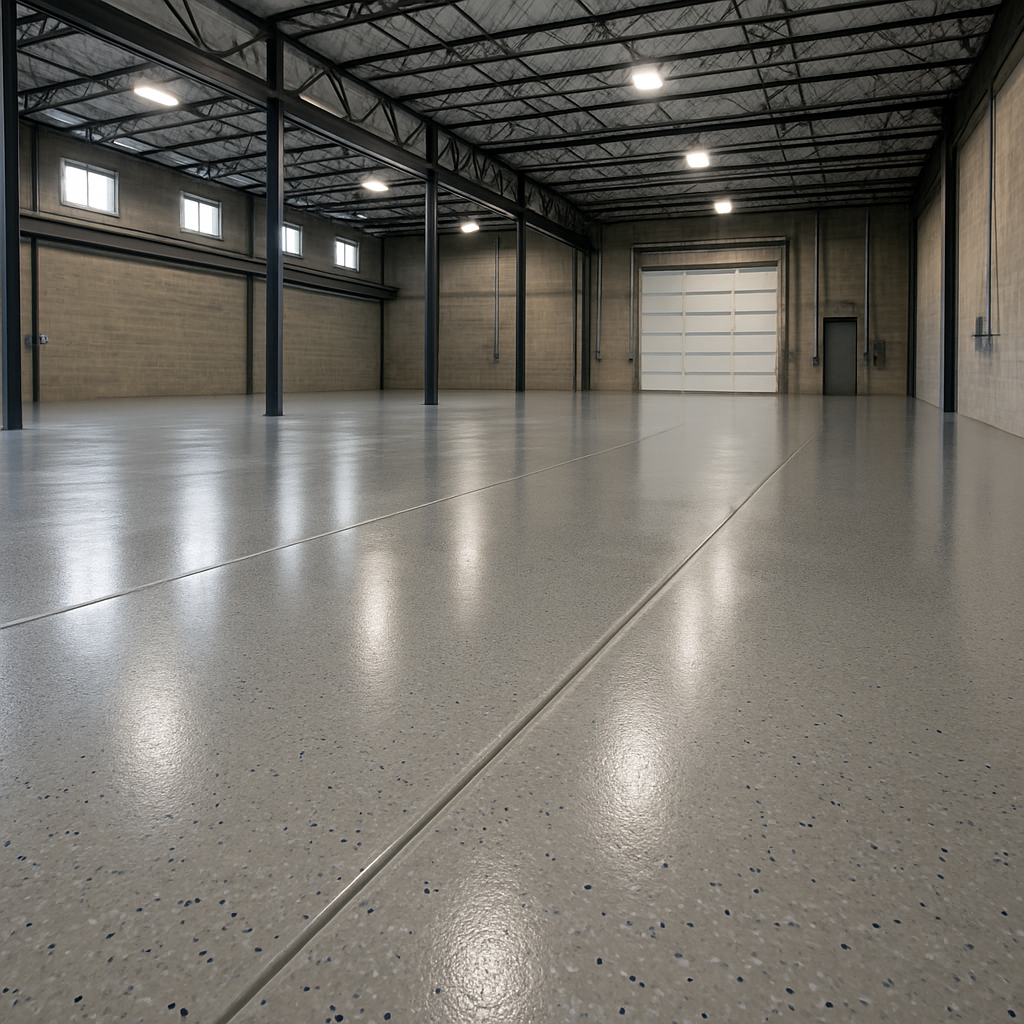Top Epoxy Flooring Manufacturers Delivering Durable and Stylish Surface Solutions

Introduction
Flooring is more than just a surface—it’s a foundation that carries the weight of daily operations, foot traffic, machinery, and time itself. Whether you're managing an industrial plant, retail store, commercial kitchen, or even a modern home, you need floors that stand the test of wear, temperature, chemicals, and moisture. That’s where epoxy flooring manufacturers step in. Known for durability, resistance, and aesthetic appeal, epoxy floors are now a standard choice for multiple sectors.
Epoxy Flooring Manufacturers Building Stronger Foundations
Why Epoxy Flooring Is Gaining Popularity Across Industries
Epoxy flooring isn’t just tough—it’s functional and beautiful. From automotive workshops to food processing plants, businesses are turning to epoxy solutions for:
-
Abrasion resistance
-
Anti-slip surfaces
-
Seamless finish
-
Easy cleaning and maintenance
-
Chemical resistance
-
UV stability in some formulations
-
Thermal shock tolerance
This surge in demand has led epoxy flooring manufacturers to innovate further. Today, you can find varieties like:
-
Self-leveling epoxy
-
Mortar epoxy systems
-
Anti-static epoxy
-
Metallic epoxy designs
-
Gravel and flake systems
These aren’t just coatings—they’re performance-driven systems tailored to environmental demands.
Leading Industries Choosing Epoxy Floors
Epoxy floors serve a range of sectors, and each one values a different benefit:
-
Healthcare and Pharma: Hospitals and labs prefer epoxy for its hygienic, seamless, and bacteria-resistant properties.
-
Automotive and Garages: Resistance to oil, fuel, and heavy loads is key.
-
Retail Spaces: Custom colors and patterns provide visual appeal while maintaining strength.
-
Warehouses and Logistics: High compressive strength and resistance to forklifts or pallet jacks make epoxy ideal.
-
Commercial Kitchens: Heat, grease, and constant cleaning require durable, waterproof flooring.
-
Data Centers and Electronics: Anti-static epoxy options reduce the risk of equipment damage.
Leading epoxy flooring manufacturers often provide tailored solutions based on each sector’s needs, making site-specific recommendations.
What Makes a Reliable Epoxy Flooring Manufacturer?
When selecting a manufacturer, several factors matter:
1. Material Quality
The best manufacturers offer 100% solids epoxy, without harmful VOCs. They may also provide cycloaliphatic formulations, polyaspartic topcoats, or polyurethane hybrids, depending on the floor’s exposure conditions.
2. Application Support
Some companies provide more than just materials. They partner with certified installers, offer on-site guidance, or even assist in substrate preparation, moisture testing, and surface priming to avoid future failures.
3. Technology and Innovation
Manufacturers working with nanotechnology, fast-cure resins, or moisture-tolerant primers are shaping the future of industrial flooring.
4. Safety and Compliance
Top epoxy manufacturers comply with ISO standards, ASTM testing, and local building codes. Floors used in FDA-regulated spaces, for instance, must meet strict hygiene and chemical resistance requirements.
Key Entities Used by Epoxy Flooring Manufacturers
To enhance performance, manufacturers integrate multiple components:
-
Reactive diluents: Reduce viscosity, improve workability.
-
Curing agents: Including polyamide, cycloaliphatic amines, and anhydrides.
-
Additives: For color, flexibility, UV protection, or slip resistance.
-
Aggregates: Like quartz sand, decorative flakes, or colored glass beads.
-
Primers and sealers: Essential for adhesion and lifespan.
Sustainability in Epoxy Flooring
Eco-conscious builders are now considering environmental impact. Many epoxy flooring manufacturers now offer:
-
Low-VOC and solvent-free products
-
Water-based epoxy systems
-
Longer lifespan to reduce replacement waste
-
Recyclable packaging
Such features make epoxy an attractive solution not only in terms of performance but also sustainability.
Challenges Faced by Epoxy Flooring Manufacturers
The market isn’t without challenges:
-
Rising raw material costs, particularly for bisphenol-A and epichlorohydrin
-
Short shelf life of mixed resins
-
Labor skill gap in certain regions
-
Climatic factors, like high humidity, which can affect curing and bonding
-
Increasing demand for fast installation in commercial projects
Yet, leading manufacturers are adapting with better formulations, accelerators, and cold-cure technologies.
Choosing Between Local and International Manufacturers
Local manufacturers offer cost benefits, faster delivery, and knowledge of regional climate. However, international players often bring decades of R&D, broader product lines, and globally certified systems.
The choice depends on:
-
Project scale and timeline
-
Required certifications
-
Customization needs
-
Budget considerations
Conclusion: A Floor That Lasts Begins with the Right Manufacturer
Epoxy flooring isn’t just a finish—it’s a promise of strength, beauty, and resilience. Whether you’re building a new industrial unit or renovating a commercial space, the right epoxy flooring manufacturers bring years of engineering, testing, and real-world performance to your surface.
From chemical plants to cafes, epoxy continues to redefine what flooring should be. With the help of reliable manufacturers, architects and engineers are pushing design boundaries—without sacrificing durability.
FAQs About Epoxy Flooring Manufacturers
Q1: What services do epoxy flooring manufacturers typically offer?
They provide resin systems, hardeners, coatings, and often support with product customization and technical guidance.
Q2: How do I choose the right epoxy flooring manufacturer for my project?
Choose based on material quality, certifications, application support, and industry-specific product solutions.
Q3: Are epoxy floors suitable for homes or just industrial areas?
Yes, epoxy is used in both,—homes use decorative types like metallic and flake finishes.
Q4: How long does epoxy flooring typically last?
Epoxy floors last 10–20 years depending on traffic, chemical exposure, and maintenance.
Q5: What’s the difference between self-leveling and mortar epoxy floors?
Self-leveling gives a smooth finish; mortar epoxy is thicker and better for heavy-duty use.
- Marketing & Social Media
- AI & Digital Tools
- Science & Innovation
- Business & Finance
- Education & Learning
- Technology & Gadgets
- Family & Relationships
- Parenting & Kids
- Fashion & Beauty
- Travel & Culture
- News & Politics
- Home
- Literature
- Music
- Networking
- Other
- Party
- Religion
- Shopping
- Sports
- Theater
- Wellness
- Art
- Causes
- Crafts
- Dance
- Drinks
- Film
- Fitness
- Food
- Gardening
- Health
- Games



